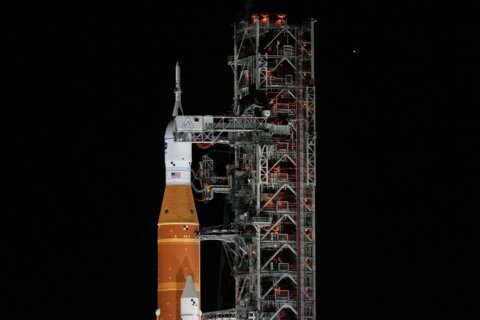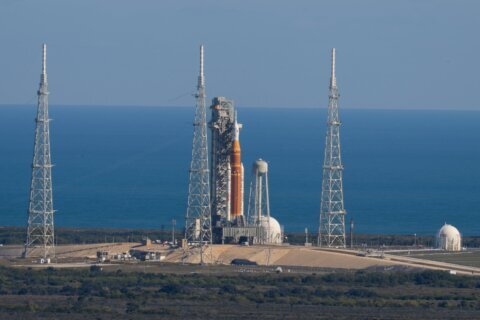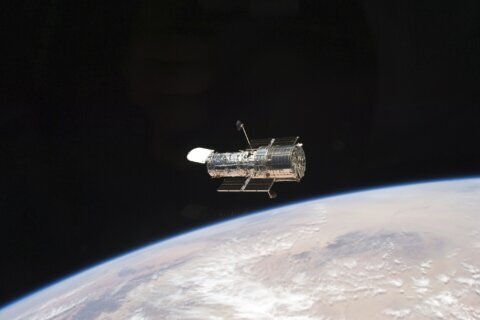WASHINGTON — The earth is 15 years away from more than a decade of winters with extended freezing temperatures — researchers are calling it a “mini ice age” — the first to occur since the early 1700s.
Scientists at Northumbria University say new mathematical models of the sun’s solar cycle show by the year 2030, solar activity will drop by 60 percent, which will cause plummeting temperatures on Earth, the coldest in 370 years.
The last “mini ice age” happened between 1645 and 1715. London’s River Thames froze over for seven weeks. In New York, New York Harbor froze solid, allowing people to walk from Manhattan to Staten Island.
Northumbria University mathematics professor Valentina Zharkova led the research, which she presented at the National Astronomy Meeting in Llandudno, Wales.
Zharkova and her colleagues found fluid movements within the sun, which are thought to create 11-year cycles in the weather, will converge in a way that will cause bitterly cold temperatures in the 2030s.
The prolonged cold snap, known as the Maunder Minimum, last seen 370 years ago, were due to sunspots becoming exceedingly rare, reports Wired. and Science Daily.
Zharkova says continued testing will be needed, but comparing predictions to real data about current solar activity showed an accuracy of 97 percent.








